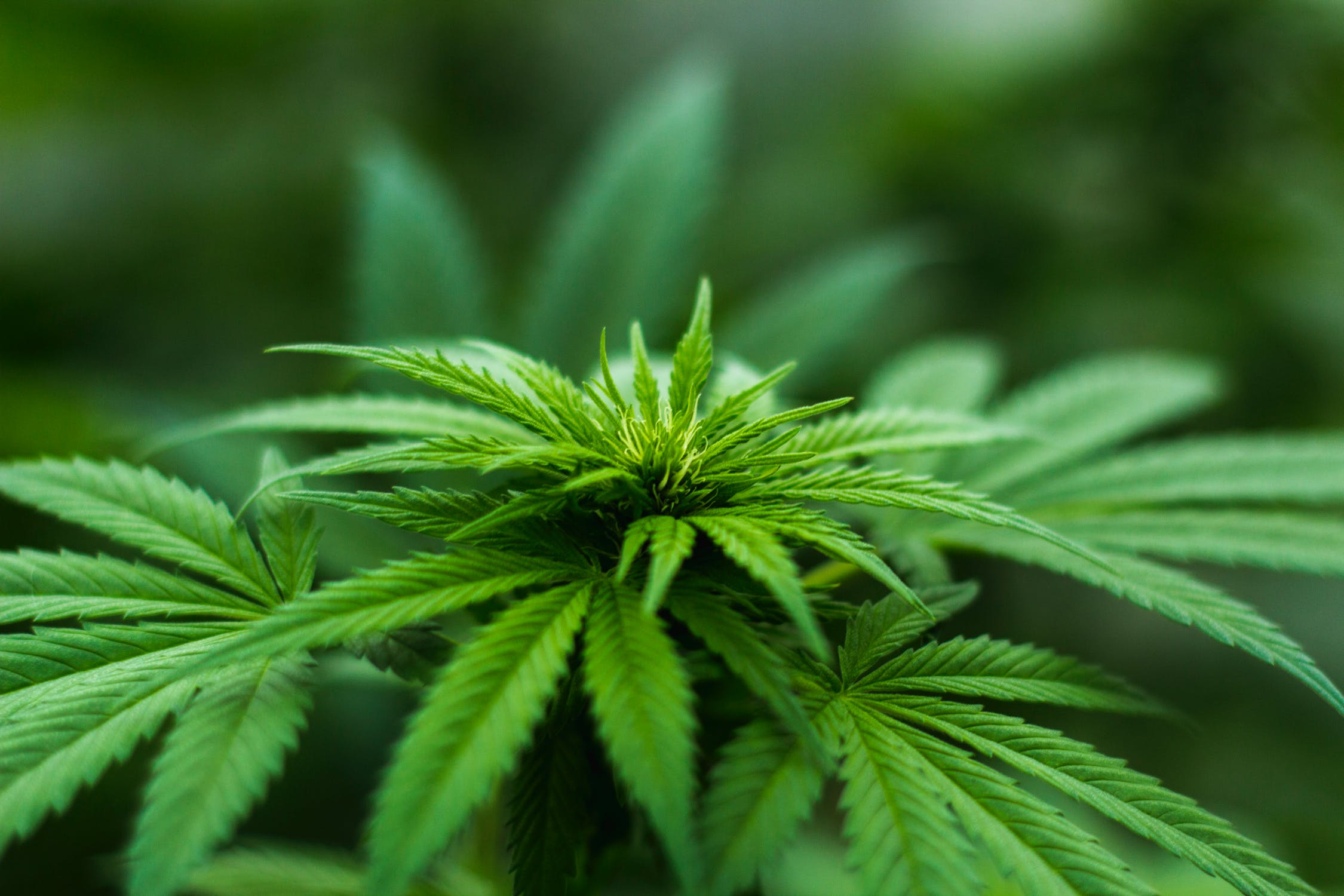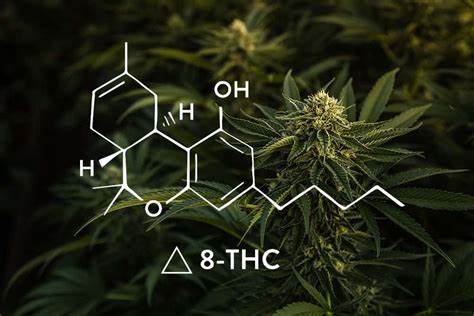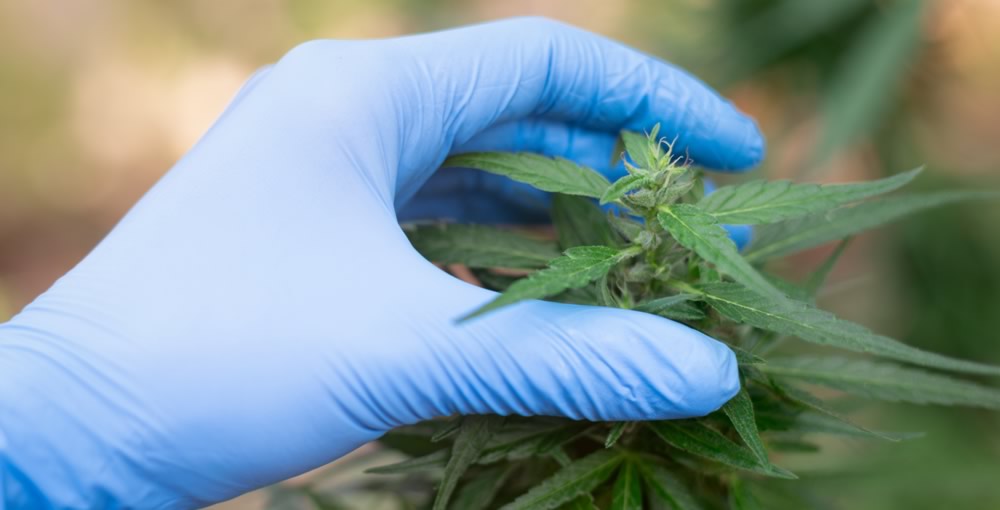


Texas has emerged as a pivotal player in the burgeoning hemp-derived product industry, setting a precedent that could influence federal regulations. Unlike many states that have followed a path from medical to recreational marijuana, Texas has fostered a legal market for intoxicating hemp-derived cannabinoids without this traditional progression. This has allowed the state to establish a robust market separate from the illicit trade, showcasing an innovative approach to cannabinoid regulation.
Industry leaders appreciate Texas’ relatively hands-off regulatory stance, which has been instrumental in the market’s development. Colt Power, CEO of Power Biopharms, notes that this approach has allowed the market to organically determine consumer demand and effective supply strategies. According to Shayda Torabi, CEO of Restart, Texas has demonstrated that a state can host a significant legal market for intoxicating hemp-derived cannabinoids, setting a unique example that diverges from typical cannabis legalization routes. More on the Texas model can be found here

In an interesting turn of events, Texas faced legal challenges regarding the status of delta-8 THC—a cannabinoid synthesized from CBD. The state’s 3rd Court of Appeals upheld the legality of delta-8 THC in October, following an attempted ban by the Texas Department of State Health Services. This decision aligns with the 2018 U.S. Farm Bill that legalized hemp production nationally, emphasizing the state’s commitment to maintaining a diversified cannabinoid market. Details on the court ruling are available here.

Delta-8 THC remains legal in Texas, but there have been ongoing discussions and legal battles surrounding its status. Let’s delve into the details:
In summary, while delta-8 remains legal in Texas, ongoing legal battles and regulatory discussions may impact its status. It’s essential to stay informed about any updates or changes in the law.

Despite a flexible regulatory framework, Texas hemp cultivators must adhere to specific guidelines. These include obtaining a lot permit, cultivating only state-approved low-THC strains, and ensuring crops are tested and harvested within strict timelines. These regulations ensure product quality and safety while maintaining the legal threshold of 0.3% total THC content. Further information on cultivation requirements can be accessed here.
Operators within Texas’ hemp-derived cannabis market generally view the existing regulations favorably, yet they remain open to additional guidelines that could further professionalize the industry. According to Torabi, the establishment of clear quality assurance, trust, and accountability standards would benefit both consumers and businesses, contributing to a more mature market. Insights from industry operators on regulatory impacts are discussed here.
As Texas continues to navigate the complexities of hemp-derived and intoxicating cannabinoid markets, it remains at the forefront of this industry. Dispensaries across the state already offer a variety of cannabinoid products, suggesting a seamless integration of THC and other cannabinoids into the commercial landscape. The state’s readiness to adapt to new cannabinoid discoveries positions it well for future regulatory shifts or the potential legalization of adult-use marijuana. Kim Flores of Power Biopharms emphasizes the importance of adaptability in this rapidly evolving market. More about the evolving market dynamics can be read here.

Texas stands as a significant influence in the national discourse on hemp-derived cannabinoids. With its unique regulatory approach and ongoing market developments, Texas not only challenges traditional norms but also provides a viable blueprint for other states and federal entities looking to navigate the complexities of cannabis legalization and regulation. The proactive stance of Texas in the hemp market indicates a promising future for both the state and potentially the country in the realm of cannabis and hemp-derived products.